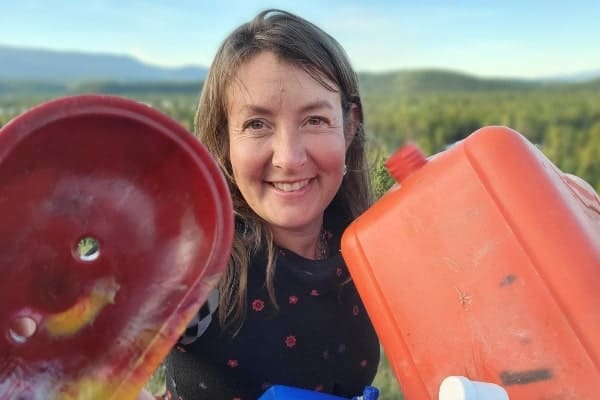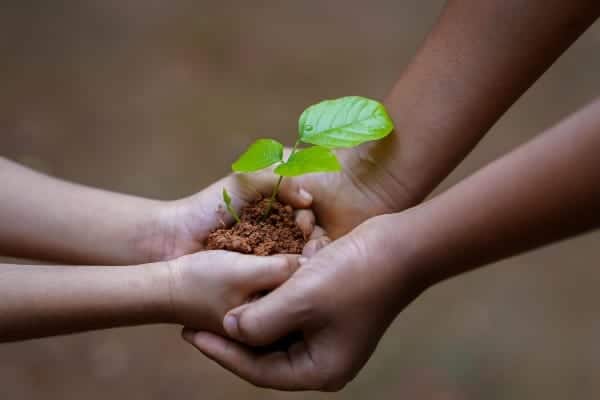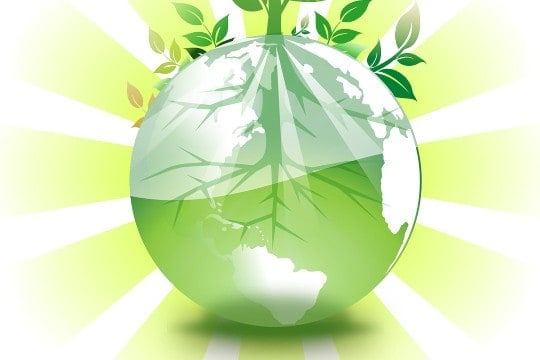The weight of individual environmental responsibility
Summer has finally arrived in the Yukon, along with an oppressive heat wave and the ever-looming spectre of disastrous climate change. You and I might both be wondering anxiously about whether or not we are doing our part to live sustainably. This month is “Plastic-Free July,” a worldwide effort to reduce each of our consumption of single-use plastic products for one month. There is no doubt that by being mindful of the plastic products we consume, we can make small changes to our lives that reduce our environmental footprints. But is it fair to put the responsibility on individuals to reduce the consumption of single-use plastics?
Single-use plastic products are truly unsustainable as we use fossil fuels mined from the earth to create packages, cups and lids that will only be used for seconds, but will take hundreds of years to break down. These issues are even larger for the plastics that make it into waterways where they can kill fish, birds and mammals. Then there are microplastics, airborne plastics and plastic fibres. It feels like the list could go on forever. Add to this a never-ending litany of environmental challenges (habitat loss, climate change, increasingly extreme weather and so on) and it becomes a consistent, depressing burden where each choice we make in our everyday lives becomes a confounding question period about what is right.
Unfortunately, this emphasis on individual action has been a tactic used by packaging and fossil fuel lobbying organizations since the 1950s. The most famous example of this approach was through Keep America Beautiful: an organization composed of several American bottling companies, including Coca-Cola and Dixie Cup. Although the stated goal of Keep America Beautiful was to educate the public on growing litter concerns along the U.S. interstate, the reality was more sinister. The group was created in response to Vermont’s 1953 attempt to pass bottle deposit legislation and to ban the sale of beer in non-refillable bottles. Famously, in 1971, the group released an iconic ad, where a man dressed in traditional Indigenous clothing weeps while overlooking an industrial landscape. Litter is thrown at his feet. It is rather telling that the actor, like the ad itself, was also not what he seemed (he was not Indigenous, but Italian-American). Despite the morally questionable motive, the ad was highly successful in guilting individuals into action, thus deflecting the message away from growing demands for industry packaging regulations.
Emphasizing individual changes is attractive to industry groups because it removes the responsibility to invest in improving the company’s products so that they are no longer hazardous to the environment, or expensive for communities to manage. This leaves the burden of action on us, the consumers. But the potential options for individual action to reduce our single use plastic consumption are limited. And while the good news is that there are businesses working to provide packaging-free options, outside of Whitehorse these are less frequently available. Furthermore, many of the ways to reduce our plastic consumption have additional costs, which contribute to unequal opportunities to individually reduce plastic use.
So, with that in mind, why should I participate in Plastic-Free July?
Perhaps it’s less about emphasizing what can “I” do and more about what could “we” do. By understanding where we can exert our individual buying power, and by being aware of where the options simply don’t exist, we can begin to understand where collective action is needed. This collective action includes demanding restrictions on packaging types, demanding that industry pay for its share of waste in our communities, and identifying opportunities in our own businesses to make changes that would benefit our community.
There is no denying that our individual actions shape the policies of political parties and the strategies of businesses, so where we can, our actions can make a real difference. However, we need to acknowledge where we simply do not have the option to make change alone and believe that as a community we should expect better from our businesses.




